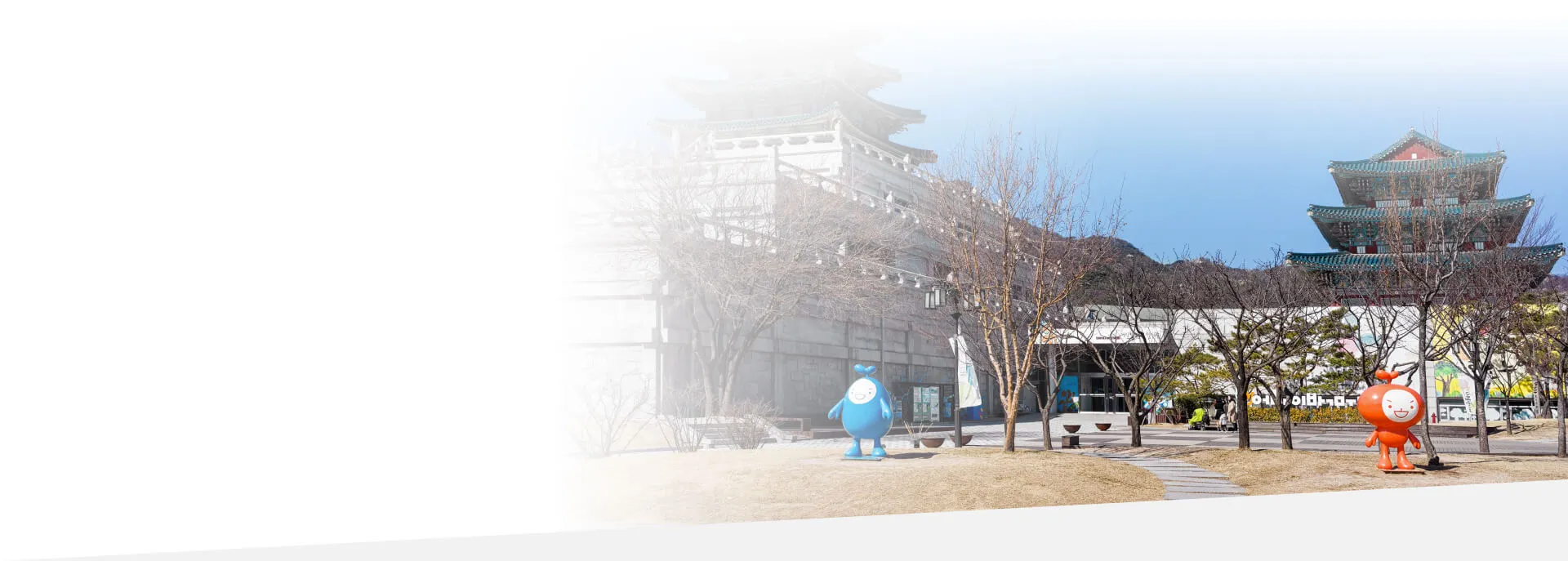
Korean Translation Services
Trusted Translations is a leading Korean translation services provider. With competitive rates for projects involving Korean to and from English and many other European and Asian languages, we deliver accurate and culturally sensitive translations within tight timeframes. Our bilingual and bicultural translators are experts in localizing Korean translations for specific communities and countries, handling high-volume projects that are cost-effective and compliant with local legislation.

Korean Translation Services
Trusted Translations is a leading Korean translation services provider. With competitive rates for projects involving Korean to and from English and many other European and Asian languages, we deliver accurate and culturally sensitive translations within tight timeframes. Our bilingual and bicultural translators are experts in localizing Korean translations for specific communities and countries, handling high-volume projects that are cost-effective and compliant with local legislation.
Korean: One Language, Two Ideologies
Spoken by around eighty million people, largely of Korean descent, Hangugeo is the official language of both North and South Korea. However, during almost eight decades of political strife, significant differences have developed between the two dialects spoken by 20 million citizens of the Democratic People’s Republic of Korea (DPRK) and 42 million speakers in the Republic of Korea (ROK). The differences lie mostly in accents and intonation but also in terms of vocabulary the Seoul dialect does use foreign or adopted terms while the Pyongyang version shuns this practice.
Each country now has its own national language policy, regulating the way their nationals speak Korean. For business travelers, it’s important to be aware that these dialects can vary so much that some of them are not mutually intelligible:
- The Seoul dialect is spoken in South Korea, particularly in the Kyongsang, Chungcheong, Cholla, and Cheju Island regions;
- The Pyongyang dialect is spoken in North Korea with its regional offspring being Hamkyong, Pyongan, and Hwanghae.
At Trusted Translations we have Korean translators who understand and know the differences and can thus address either of the two variants. Want to know more about the Korean language? Read our blog post “The Korean Language.”
The Importance of Korean Language and Culture ― US-Korea Free Trade Agreement
Prompted by strategic business, political, and security interests, as well as cultural factors, the U.S. Department of State lists Korean as a critical language. Although the Republic of Korea signed a Free Trade Agreement with the USA in 2007, it was only in March 2012 that the KOR-US FTA entered into effect.
Today, South Korea is a major US trading partner in East Asia, topping a massive USD 155 billion in 2020 (exports: USD 69 billion; imports: USD 86 billion), with a US goods and services deficit of USD 17 billion. These two-way trade flows carry a wide variety of goods and services between these two countries:
- Top US exports to Korea include fuels, machinery, aircraft, beef and pork, fruit and soybeans;
- Top US imports from Korea include vehicles, plastics, fruit and vegetables, snacks, and dairy products, as well as industrial processes and systems with high intellectual property values.
Experienced Korean Translation Teams
The services rendered by our highly qualified Korean translators include proofreading by independent experts. After this step, all projects must run through a final quality assessment review, before delivery to the client.
The outcome of this meticulous care ensures that every document complies with the standards established by the International Organization for Standardization (ISO 9001:2015). Particularly for executives engaged in delicate negotiations, these quality checkpoints ensure accurate translations―and peace of mind.





